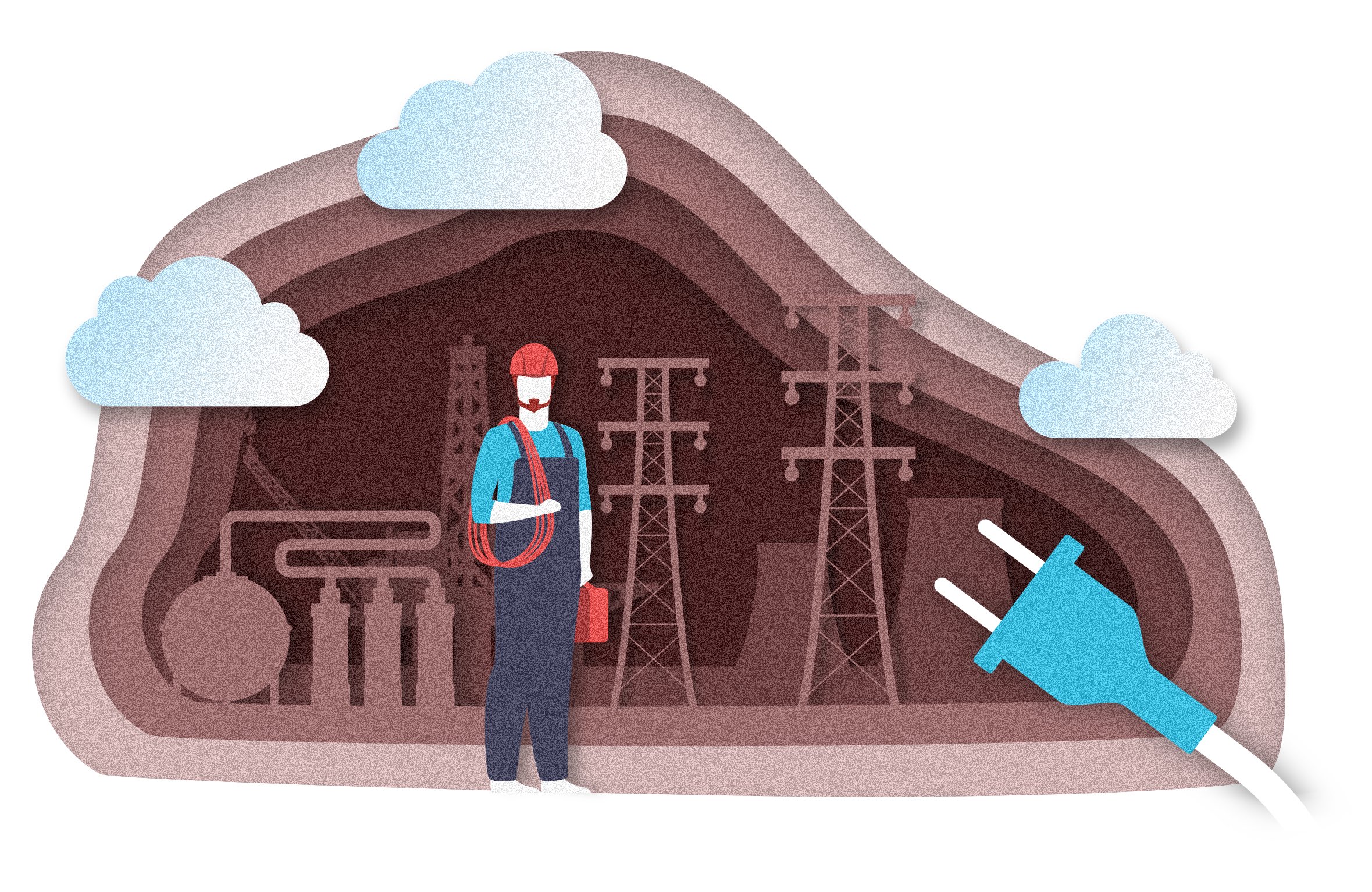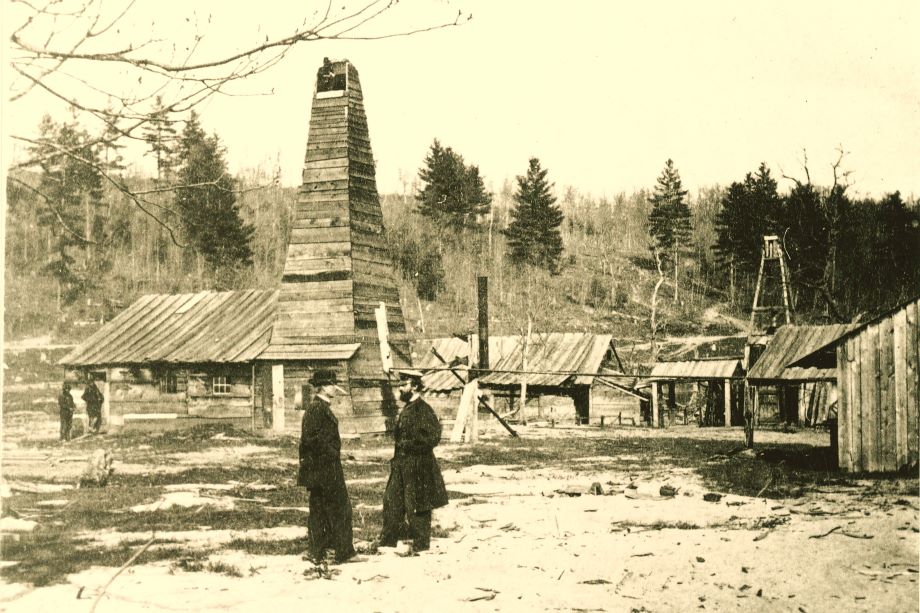House Committee on Energy and Commerce Holds Hearing on Autonomous Vehicles and Consumer Protection in Advance of Draft Legislation
House Committee on Energy and Commerce Holds Hearing on Autonomous Vehicles and Consumer Protection in Advance of Draft Legislation
Last week, the House Committee on Energy and Commerce, Subcommittee on Consumer Protection and Commerce, held a hearing titled, “Autonomous Vehicles: Promises and Challenges of Evolving Automotive Technologies.” As the technology continues to advance, Congress is working to keep pace and develop a regulatory framework that can help guide the industry forward. The purpose of this hearing is to examine how Congress can craft self-driving car legislation that significantly reduces injury and fatality from vehicle accidents. The hearing comes as pressure continues to mount on Congress to release new draft autonomous vehicle legislation. In addition to the six draft sections that were announced last year, five new sections are expected to be released this week.
In a memorandum issued by the Subcommittee in advance of the hearing, it’s stated that “in 2018, 36,560 people were killed in motor vehicle traffic crashes on U.S. roadways” and that “ninety-four percent of crashes are thought to be caused by driver error.” Given this, the Committee is keen to promote adoption autonomous vehicle technology, but shares concern in light of recent crashes and deaths involving autonomous vehicles. The Committee recognizes its role in fostering in the safe adoption of autonomous vehicle technology and looks to address issues such as sufficient oversight and regulation when it comes to ushering in these new the technologies.
Subcommittee Chair Jan Schakowsky (D-IL) opened the hearing sharing her concern for the potential displacement of workers with the adoption of self-driving vehicles, siting that $4.4 million Americans currently work in some capacity as drivers. Her statement on the workforce was noteworthy, given that the focus of this hearing is on safety—not workforce. Chairwomen Schakowsky acknowledged that this hearing was not the forum for a discussion on potential workforce impact, and instead encouraged other Congressional committees to take up the issue.
The draft bill shared in November included plans to establish a “Highly Automated Vehicle Advisory Council” within the Department of Transportation. The Council’s prime responsibilities would be to evaluate issues relating to self-driving cars and address Federal regulation around the testing of autonomous vehicles. Also included were provisions that would require vehicle manufacturers to develop cybersecurity plans before selling the vehicles, and to boost protections against the cars being hacked. The upcoming drafts are said to include additional language around cybersecurity protections for self-driving cars. In fact, in Cathy Chase’s testimony at the hearing, she offers remarks on the importance of including a cybersecurity standard in comprehensive autonomous vehicle legislation, remarking that “AVs must be subject to cybersecurity requirements to prevent against hacking including stemming from personal or professional animosities, vendettas and retributions,” and that the National Highway Transportation Safety Administration (NHTSA) “must issue a minimum cybersecurity standard by a date certain to protect against potentially catastrophic hacks of AVs.
Hearing witnesses included:
- Cathy Chase, President, Advocates for Highway and Auto Safety
- John Bozzella, President and CEO, Alliance for Automotive Innovation
- Daniel Hinkle, State Affairs Counsel, American Association of Justice
- Mark Riccobono, President, National Federation of the Blind
- Gary Shapiro, President and CEO, Consumer Technology Association
- Jeff Tumlin, Direction of Transportation, San Francisco Municipal Transportation Agency (SFMTA)
To view their testimony, please visit: https://energycommerce.house.gov/committee-activity/hearings/hearing-on-autonomous-vehicles-promises-and-challenges-of-evolving.




